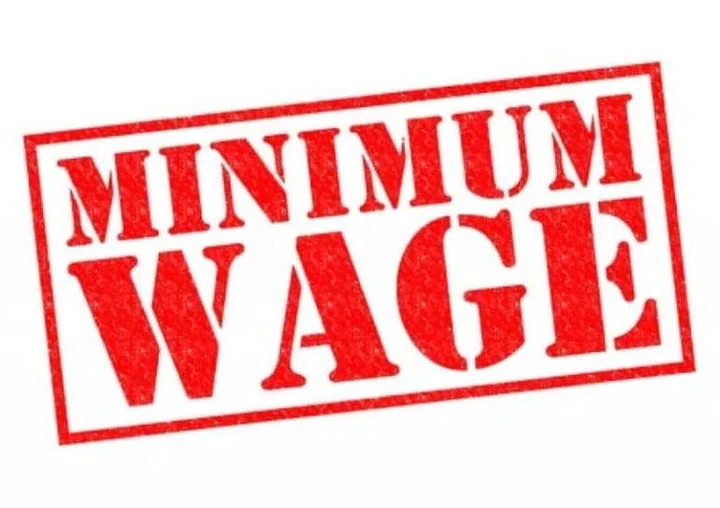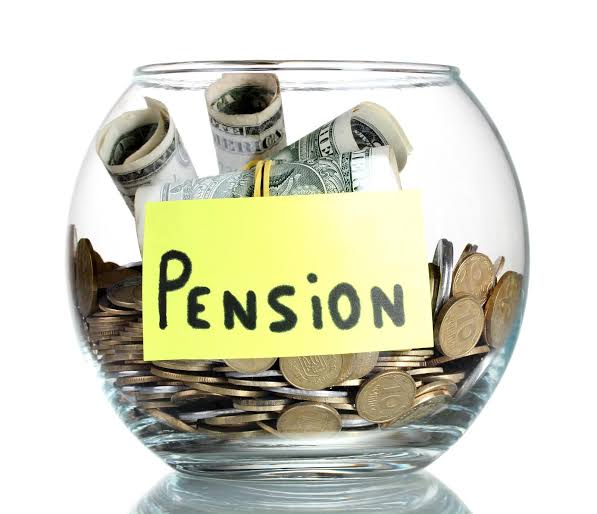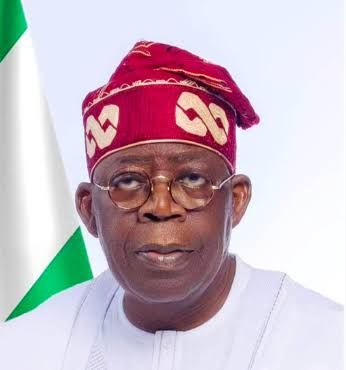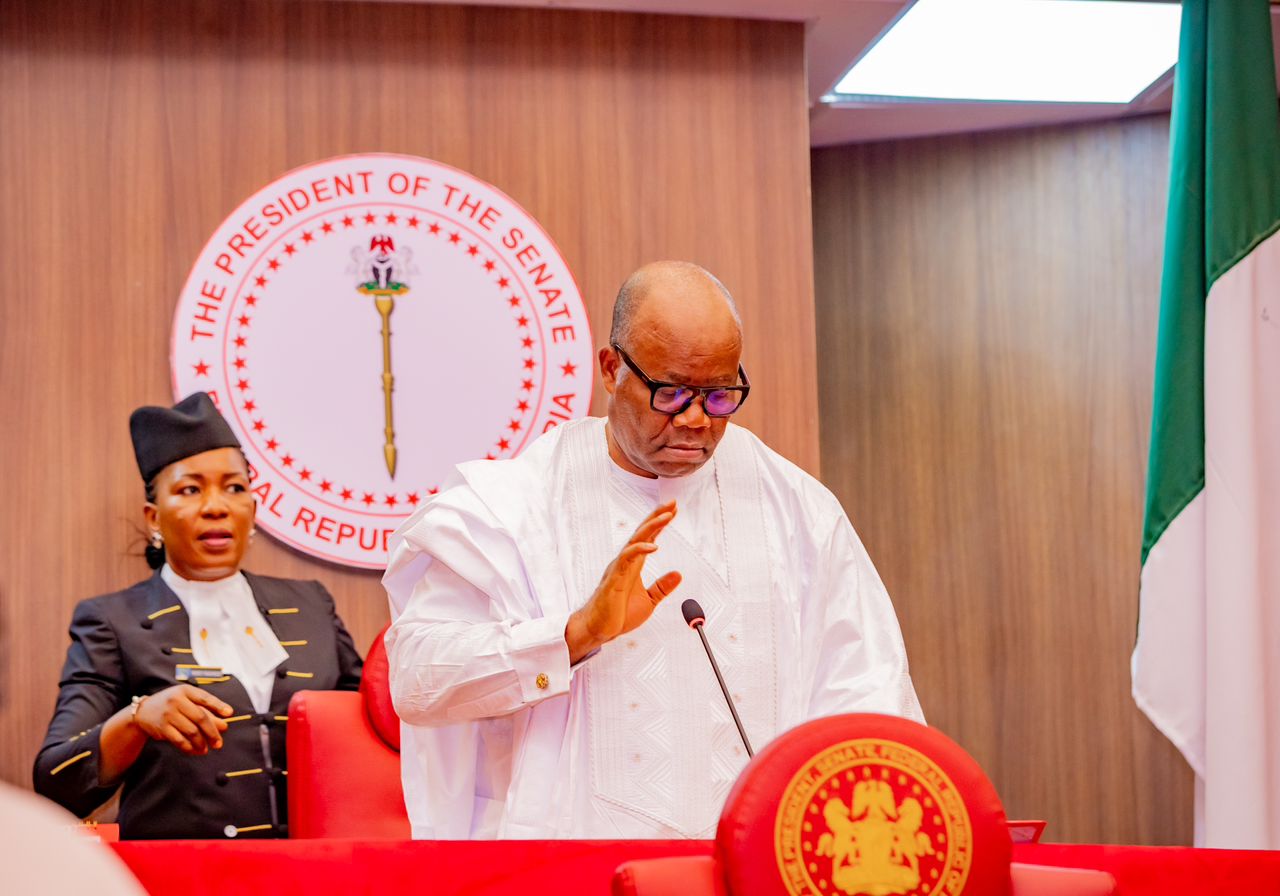All You Need to Know About Nigeria’s Minimum Wage Increase From 1999 Till Date

Amidst the ongoing clamour for a substantial increase in the national minimum wage, President Bola Tinubu’s administration announced an increase from ₦30,000 to ₦48,000.
However, this adjustment has been met with stark opposition from the Nigeria Labour Congress (NLC), which deems the increase insufficient in light of the current economic climate, particularly following the cessation of electricity and fuel subsidies.
Torizone delves into the historical progression of Nigeria’s minimum wage to provide context to the current disputes. Initially set at ₦3,000 in 1999, the minimum wage saw its first significant rise to ₦7,500 in 2000 under President Olusegun Obasanjo’s regime.
It was later increased to ₦18,000 by the late President Umar Musa Yar’adua in 2011, and subsequently to ₦30,000 under President Muhammadu Buhari in 2019.
The most recent increase by President Tinubu has sparked a significant outcry from the labour sector, which now demands a minimum wage exceeding ₦600,000, arguing that the recent increments do not align with the escalated cost of living triggered by the government’s policy shifts.
This development follows the government’s decision to end fuel subsidies, which resulted in a fuel price surge from ₦189 per litre to over ₦600, exacerbating the financial strain on ordinary Nigerians.
The NLC has expressed its dissatisfaction with the current administration’s approach, emphasizing that the minimal increase in the wage does not compensate for the heightened expenses in daily living costs, leaving workers under severe economic pressure.





